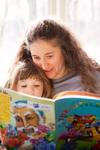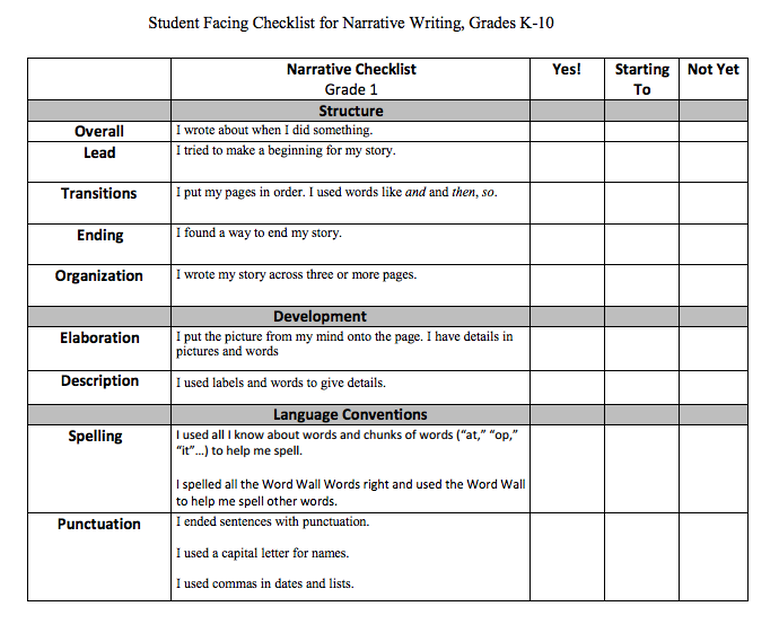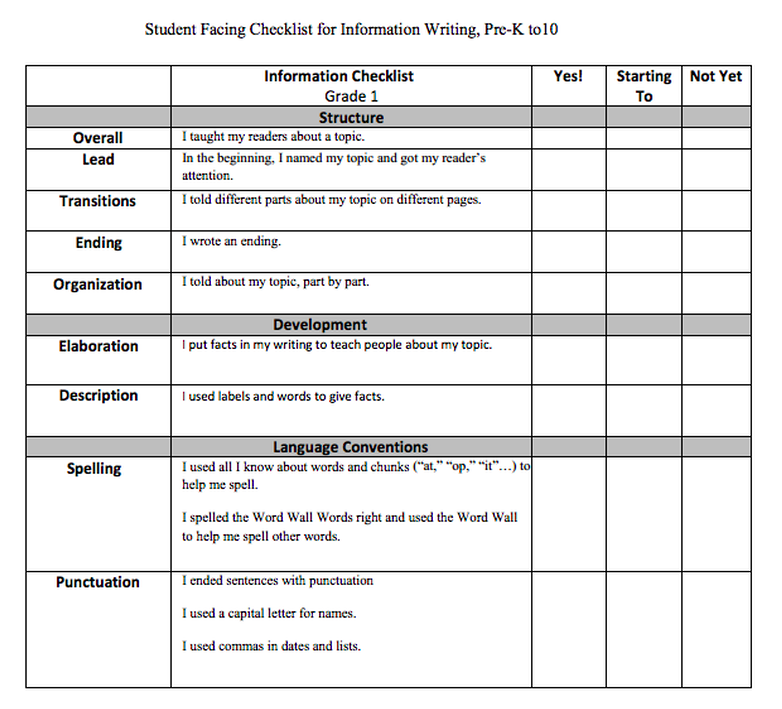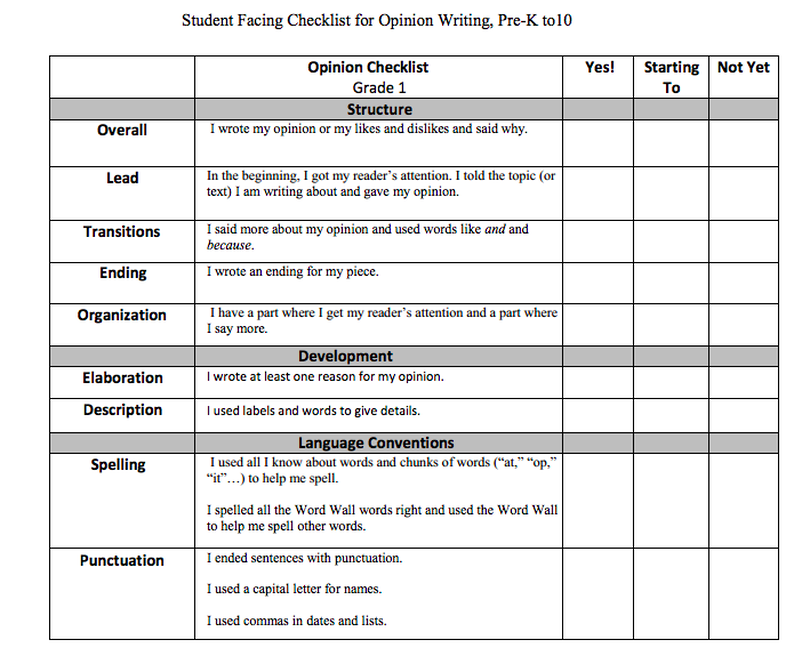Reading With your Child

We encourage you to listen to your child read daily. The practice of reading to you will make a significant difference
in your child's reading accuracy, fluency, and in his or her self confidence.
in your child's reading accuracy, fluency, and in his or her self confidence.
Prompts for Unfamiliar words
The following prompts will assist you in helping your child determine an unfamiliar word as you are listening to him/her read aloud.
Look at the picture.
Look at the beginning of the word.
Could it be the word you read? Does it look right?
Did that make sense?
Did that sound right?
What do you think that word could be?
Go back to the beginning of the sentence and try again.
Skip over it and read to the end of the sentence. What do you think that word could be?
You read the word before on another page. See if you can find it.
Do you see a word you know inside the word? Do you see a chunk you recognize such as 'at'.
Look at the picture.
Look at the beginning of the word.
Could it be the word you read? Does it look right?
Did that make sense?
Did that sound right?
What do you think that word could be?
Go back to the beginning of the sentence and try again.
Skip over it and read to the end of the sentence. What do you think that word could be?
You read the word before on another page. See if you can find it.
Do you see a word you know inside the word? Do you see a chunk you recognize such as 'at'.
Comprehension questions
The following are questions you can ask your child as he/she is reading aloud to you or after he/she has read silently to ascertain whether or not your child comprehended the story.
What do you predict will happen next?
Have you ever had a similar experience?
Does this story remind you of another story you have read?
What are you wondering?
Has the main character changed since the beginning of the story?
Why do you think that the character chose to do what he/she did?
How did the author let you know how the character felt?
What do you think the author meant when he wrote ______________?
Was this a good title for the story?
What was the problem in the story?
How was the problem solved?
What question do you have now that the story has ended?
What lesson did you learn?
What do you predict will happen next?
Have you ever had a similar experience?
Does this story remind you of another story you have read?
What are you wondering?
Has the main character changed since the beginning of the story?
Why do you think that the character chose to do what he/she did?
How did the author let you know how the character felt?
What do you think the author meant when he wrote ______________?
Was this a good title for the story?
What was the problem in the story?
How was the problem solved?
What question do you have now that the story has ended?
What lesson did you learn?
REading Strategies
Children are learning to construct meaning as they are reading. They are acquiring knowledge, learning to process information, connecting to prior knowledge, and using information within the text to gain understanding. As classroom teachers we are modeling the following strategies during our Read Aloud time that proficient readers use:
Making connections between prior knowledge and the text
Predicting
Questioning
Visualizing
Inferring Meaning
Analyzing
Drawing Conclusions
Making connections between prior knowledge and the text
Predicting
Questioning
Visualizing
Inferring Meaning
Analyzing
Drawing Conclusions
Writing
First Grade Writing Units:
August-October: Small Moments Narratives
Children learn to recognize that their lives are full of stories to tell. We take them through the steps necessary to put their stories on paper: from planning, to drafting, to revising and editing.
November-February: Non-fiction/All About Books
Children delight in being able to share their own knowledge of a particular subject. We give children the support and practice they will need to organize their information coherently.
Children delight in being able to share their own knowledge of a particular subject. We give children the support and practice they will need to organize their information coherently.
March-May: Reviews
Even young children have opinions. We give them an opportunity to state their opinion, defend their position, and organize their reasoning by using evidence to support their position.
Even young children have opinions. We give them an opportunity to state their opinion, defend their position, and organize their reasoning by using evidence to support their position.
May-June: Scenes to Series/Narrative (see Student Facing Rubric above)
Children will learn to write stories that are realistic, but come from their imagination.
Children will learn to write stories that are realistic, but come from their imagination.



